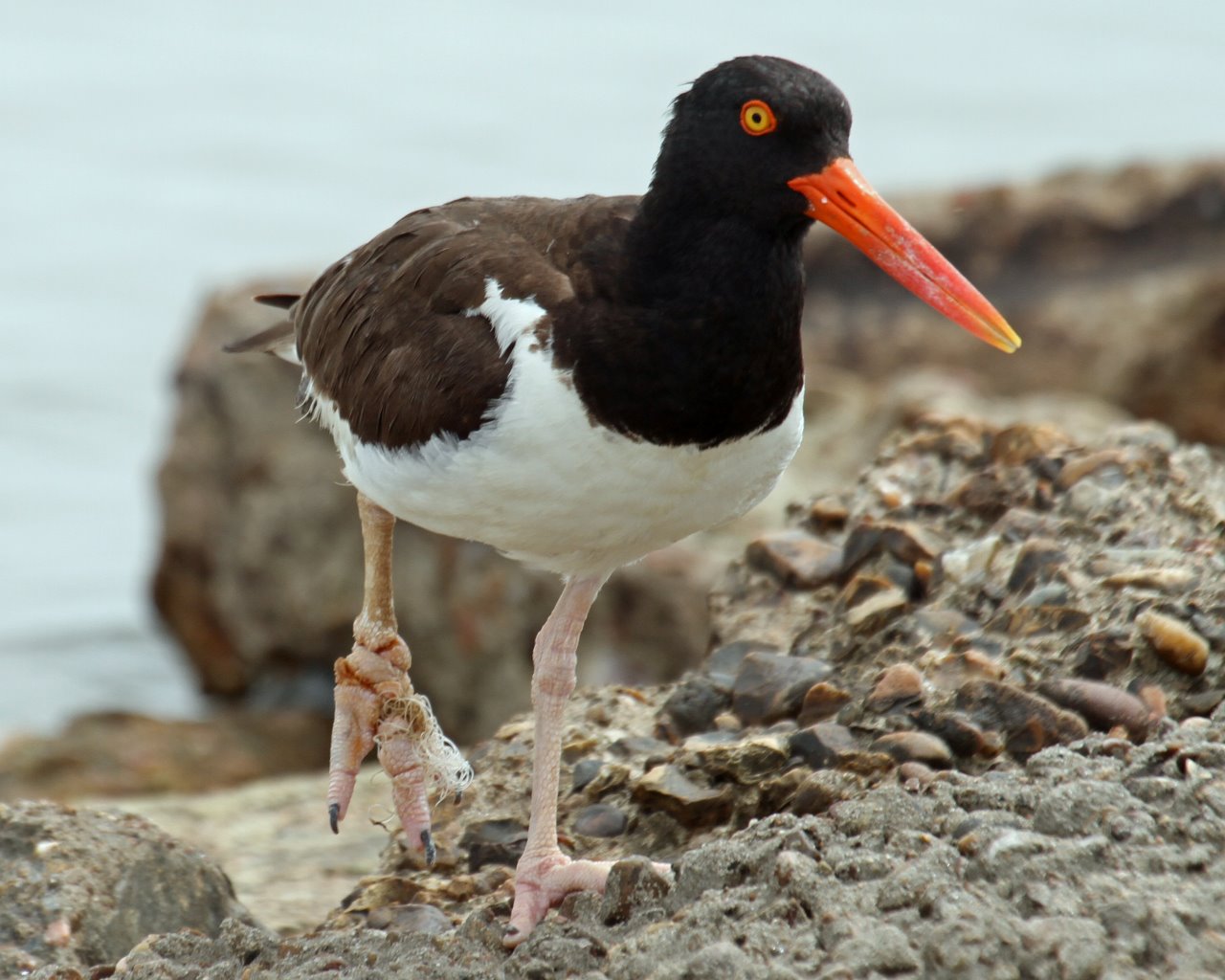
Injured or Sick Birds
Why help injured or sick birds?
The world we live in now is filled with tall buildings, pesticides, windows, house cats, and many other human-caused threats to birds. This means that birds are being injured or sickened at an abnormal rate. That's why when we see an injured or sick bird, it's important to know how we can best help it. We don't want to "let nature take it's course" when the cause is unnatural!
I found an injured or sick bird. What should I do?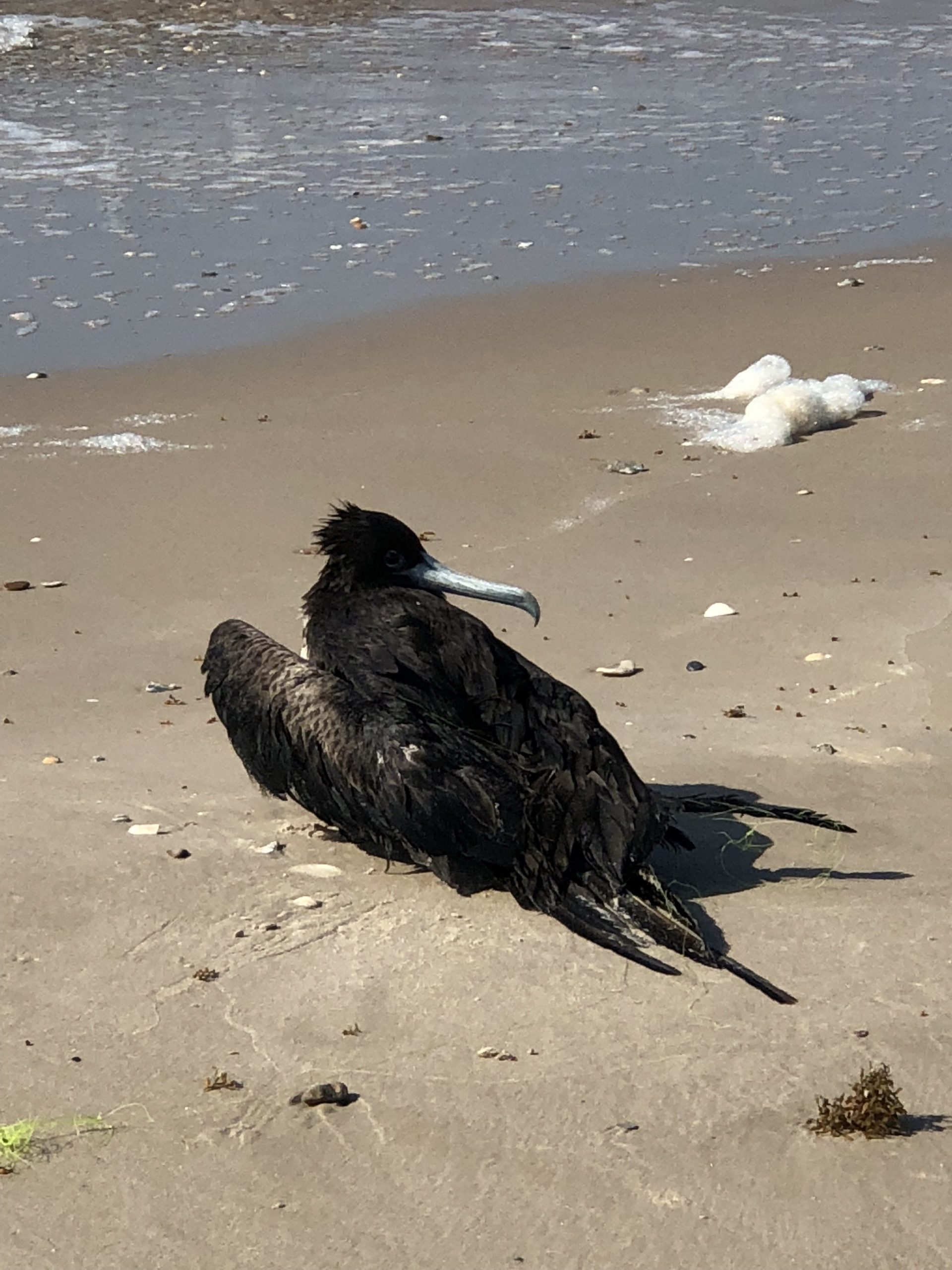
It can be difficult for the average person to determine what exactly is afflicting a bird, even when you know that something is wrong. It can also be risky to touch or try to help the bird. Diseased or infested birds can sometimes transmit their illness to humans that come in contact with them. It is also illegal for an unlicensed person to hold a wild bird, even if you are trying to nurse it back to health. For these reasons, it is always advisable to call a wildlife rehabilitator.
Wildlife rehabilitators tend to be experienced with many different species and ailments, so they can often diagnose and treat the animal. When contacting a wildlife rehabilitator, be ready with information about exactly where you saw the bird and what symptoms you observed. Most wildlife rehabilitators will pick up and treat animals for free, but donations will surely be appreciated.
When you find an injured bird, do NOT try to give it food or water. Call your local rehabber right away. They will tell you what to do, if anything, to help capture the bird. To find a rehabber near you, we recommend using the Humane Society's Wildlife Rehabber List, which is organized by US state.
Texas residents can look up local rehabbers on the Texas Parks and Wildlife Department's list organized by county.
A bird collided with my window. What should I do?
It is relatively common for birds to collide with windows and these collisions or "strikes" can often leave them injured or dead. If you see a bird crash into your window and want to help it, you can carefully approach the bird and gauge its reaction. If the bird reacts to your presence by flying or walking away, leave it alone. If it's still in the same place after an hour or so, call a wildlife rehabilitator.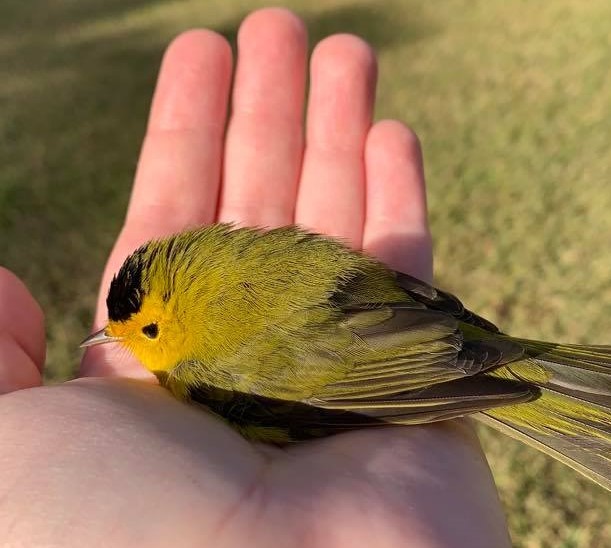
If, when you first approach the bird, it doesn't react, it might be concussed. Put a clean towel in a shoebox and place the bird inside, propping it up with the towel. Then close the box and place it in a quiet, dark closet. Do NOT give the bird food or water. Wait half an hour and then take the box outside again. Open the lid and see if the bird flies out. If it doesn't, you can gently lift it out of the box to see if it flies. Do NOT throw the bird to make it fly. If it doesn't fly, put it back in the box in the closet and wait another half hour. You can repeat this once or twice, but if the bird does not fly after a try or two, call a wildlife rehabilitator.
I found a baby bird on the ground. Is it in trouble?
A baby bird on the ground might be perfectly fine, or in need of help. If the bird is injured, covered in ants or other bugs, or has been brought in by a pet, it needs the help of a wildlife rehabilitator.
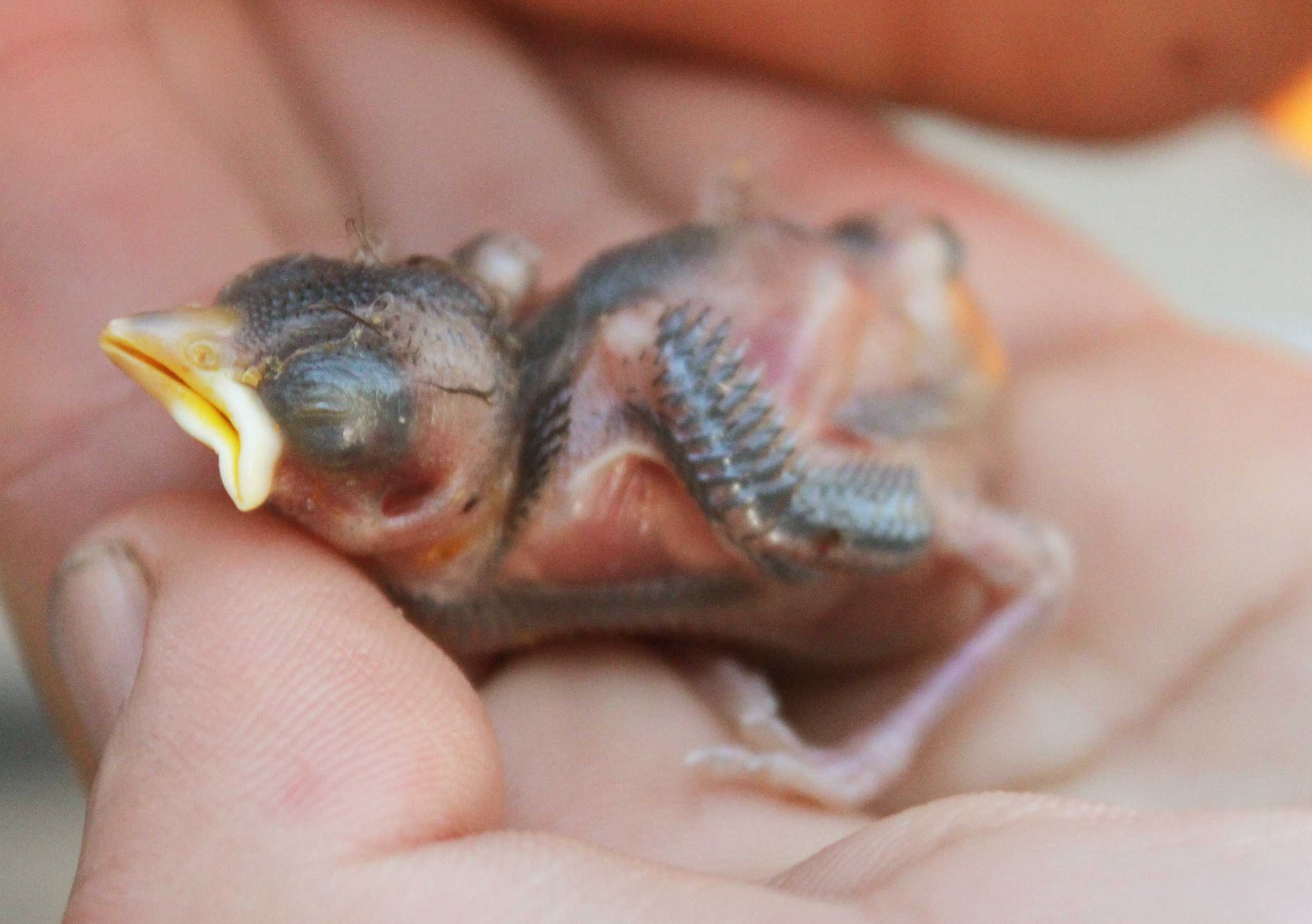
If the chick isn't feathered, it's called a hatchling or nestling. These baby birds are usually too young to be out of the nest and need help. If you can find the nest, gently put the bird back in it. The myth about mother birds disowning chicks that have been touched by humans is untrue. They won't mind it! If the bird is covered in ants, try cleaning those off before putting it back in the nest. Never try give food or water to the bird.
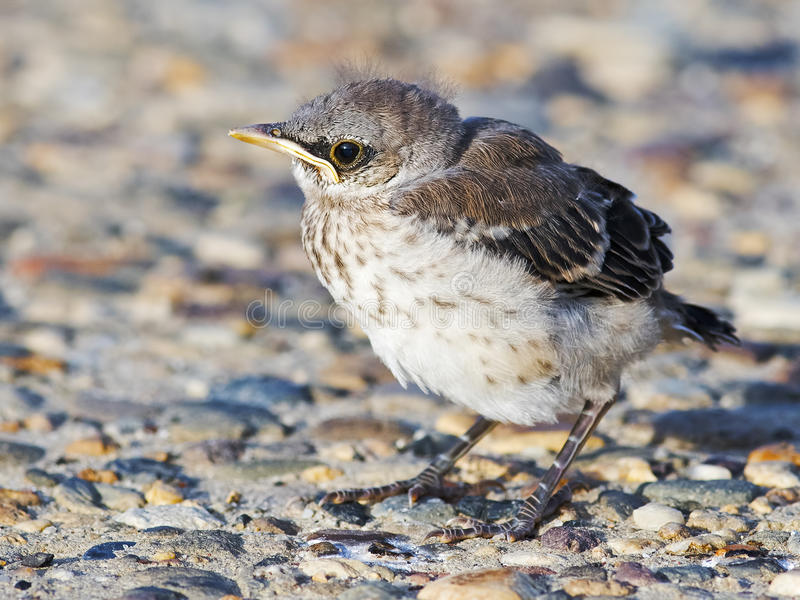 If you find a baby bird that is feathered and walking around, this might be a fledgling. Fledglings look young (somewhat disheveled and usually lacking long tail feathers), but they are old enough to be out of the nest. Their parents are likely nearby watching over them, so you don't need to rescue them. If you want to help a fledgling, you can keep your cats inside and maybe put out some mealworms!
If you find a baby bird that is feathered and walking around, this might be a fledgling. Fledglings look young (somewhat disheveled and usually lacking long tail feathers), but they are old enough to be out of the nest. Their parents are likely nearby watching over them, so you don't need to rescue them. If you want to help a fledgling, you can keep your cats inside and maybe put out some mealworms!
To learn more about how to help baby birds or other injured wildlife, visit Gulf Coast Wildlife Rescue's website here.
